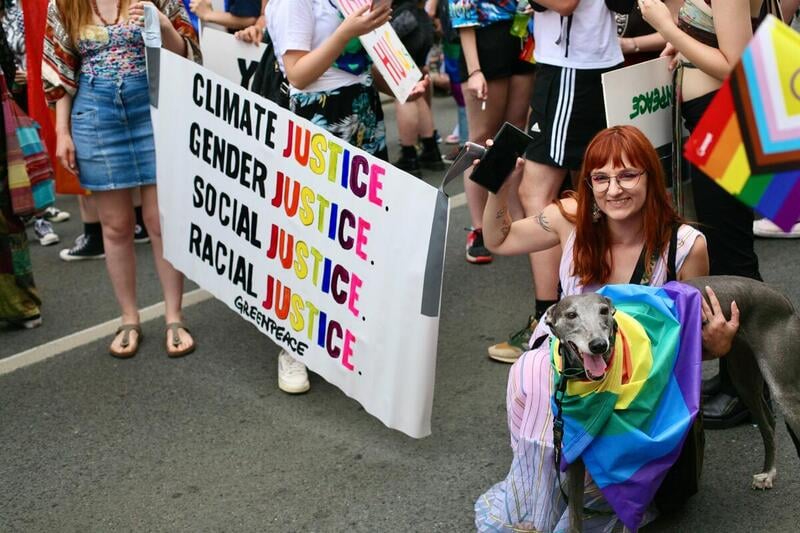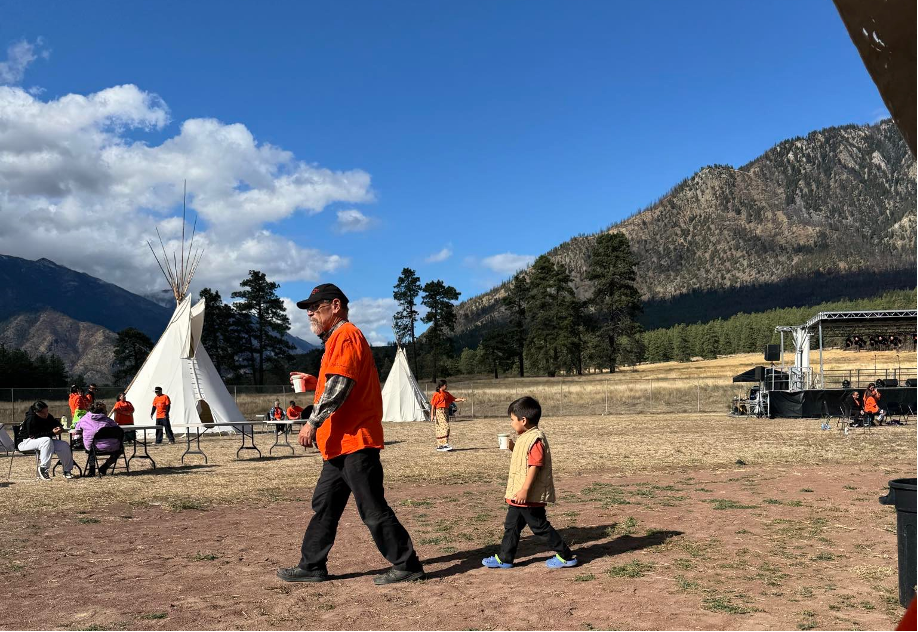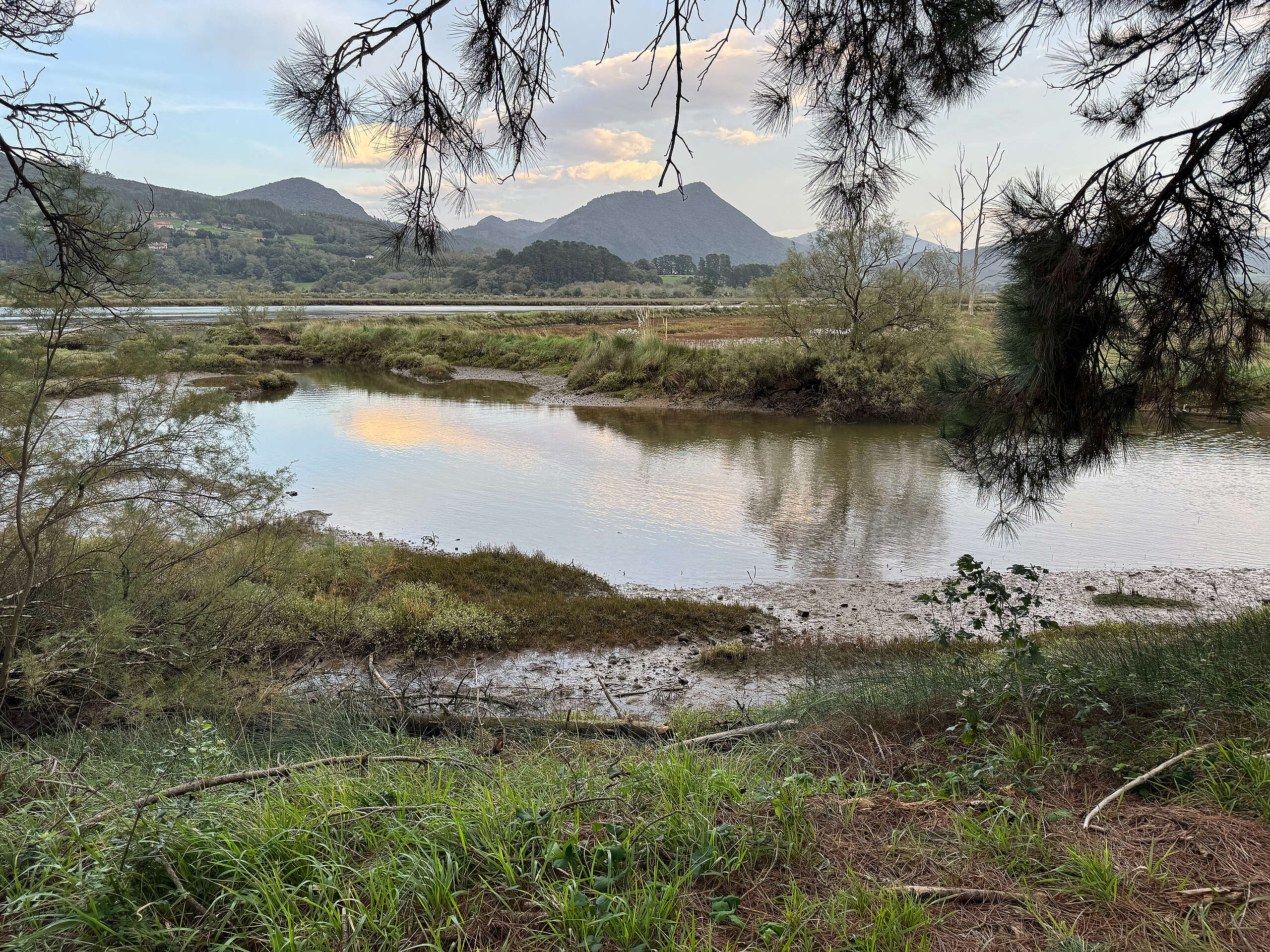Because environmental justice does not exist in a vacuum and neither does injustice.
Recently, political conversations in Canada have become more narrow and outdated. Back in January, Pierre Poilievre, leader of the Conservative Party, made troubling comments when he said, ‘I’m only aware of two genders,’ and used the idea of a ‘biological clock‘ to justify his campaign’s focus on affordability. These may sound like personal opinions. But from someone seeking the country’s highest office, they have real consequences.
And they force a bigger conversation: what kind of future are we being asked to accept? And why should an environmental organization speak up about this?

The simple answer is this: the environment is not separate from the social systems that govern our lives. Gender, like race, class, and colonial history, shapes how people experience climate change, pollution, and access to natural resources. These are not abstract connections. Women and gender-diverse people, especially Black, Indigenous, racialized, and low-income communities, often live in places most affected by environmental harm. They are also the ones least likely to have a say in decisions about land, water, and policies that affect their lives.
The environment is not gendered in and of itself. But our relationship with the environment is shaped by gender.
- Who is expected to take care of it?
- Who profits from its damage?
- Who suffers the most when it’s harmed?
That relationship is shaped by economic, political and social systems that distribute power unevenly. So while the Earth does not assign gender, the systems we have built around it do.
When a political leader reduces gender to just two options, it does more than insult the lived realities of trans, non-binary, and gender-diverse people. It undermines the very idea that policy should reflect complexity and care. This matters deeply to us as environmentalists, because the crises we face, climate change, biodiversity loss, environmental racism, require nuanced, intersectional responses. Denying gender diversity is a denial of nuance. It is a refusal to engage with the real world.
Similarly, using the idea of the “biological clock” in defense of his campaign’s focus on affordability issues is not truly about supporting families. It is about reinforcing a narrow idea of what women are for. It turns our bodies into political tools while ignoring the real material conditions that shape our choices. Women are not asking for housing and childcare because we are running out of time. We are asking because the system is failing us. These are basic needs that support people’s rights to live freely and participate fully in society, including in environmental movements.
This is why we speak out.
We cannot build a just and sustainable world if the people leading it believe that only two kinds of people exist or that our roles should be determined by biology rather than freedom and choice.
We cannot meaningfully address the climate crisis while upholding structures that silence and erase. And we absolutely cannot fight for a better world if we are not willing to challenge the ideologies that make certain people disposable.
The environment is where we live, love, and resist. It is political. It is personal.
So no, we will not “stick to the environment” like it is somehow apolitical.
We will continue to talk about gender because climate justice demands it.
We will continue to talk about bodies, identities, and power, because that’s what this moment requires.
We will continue to hold our leaders accountable. Not just for the policies they promote, but for the worldviews they bring into public discussions.
Because if their vision does not include all of us, it does not serve any of us.



